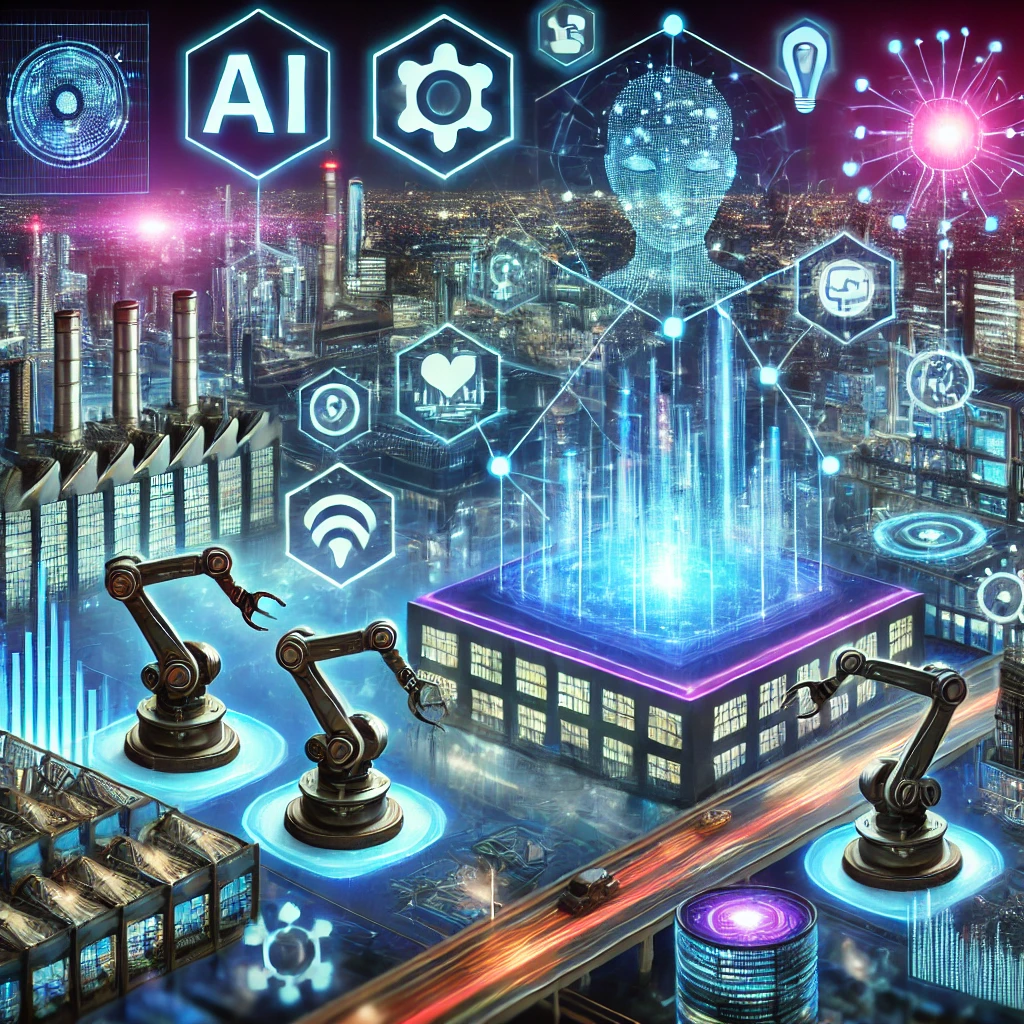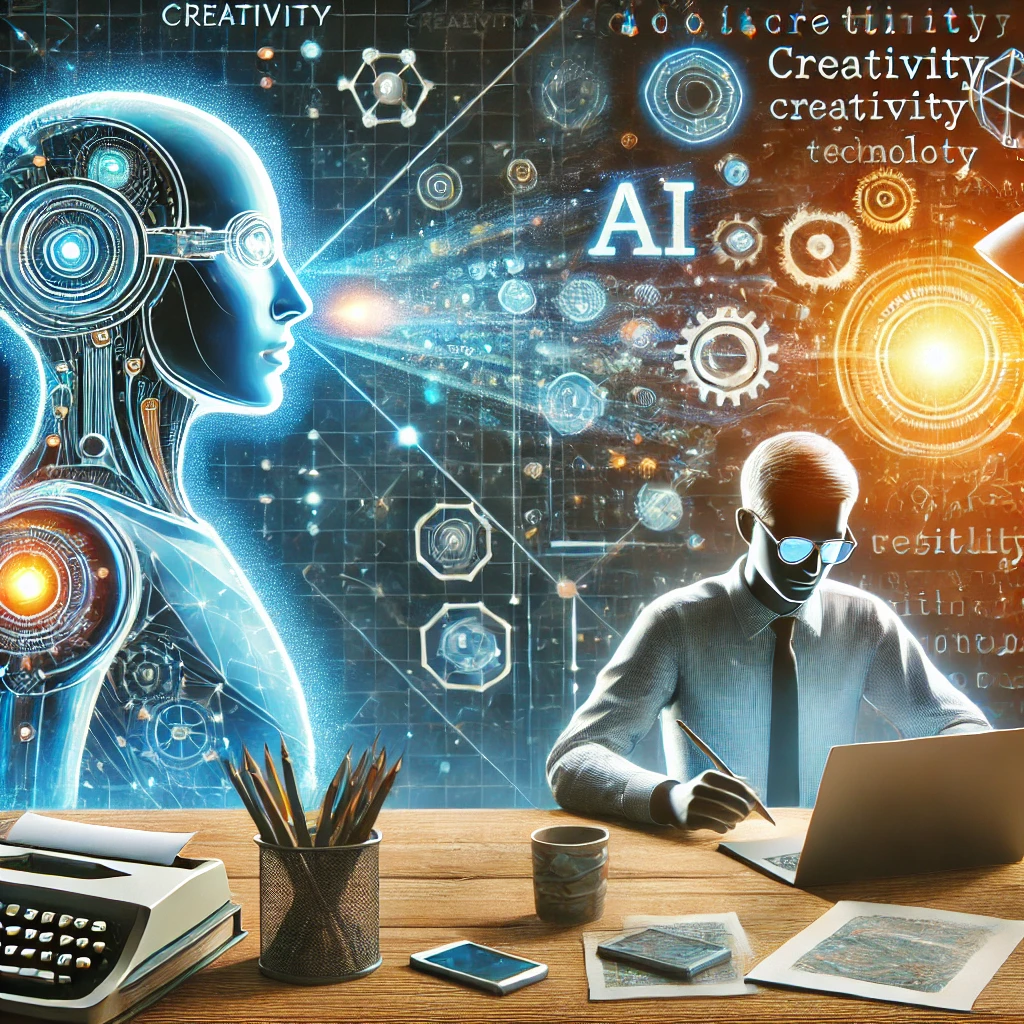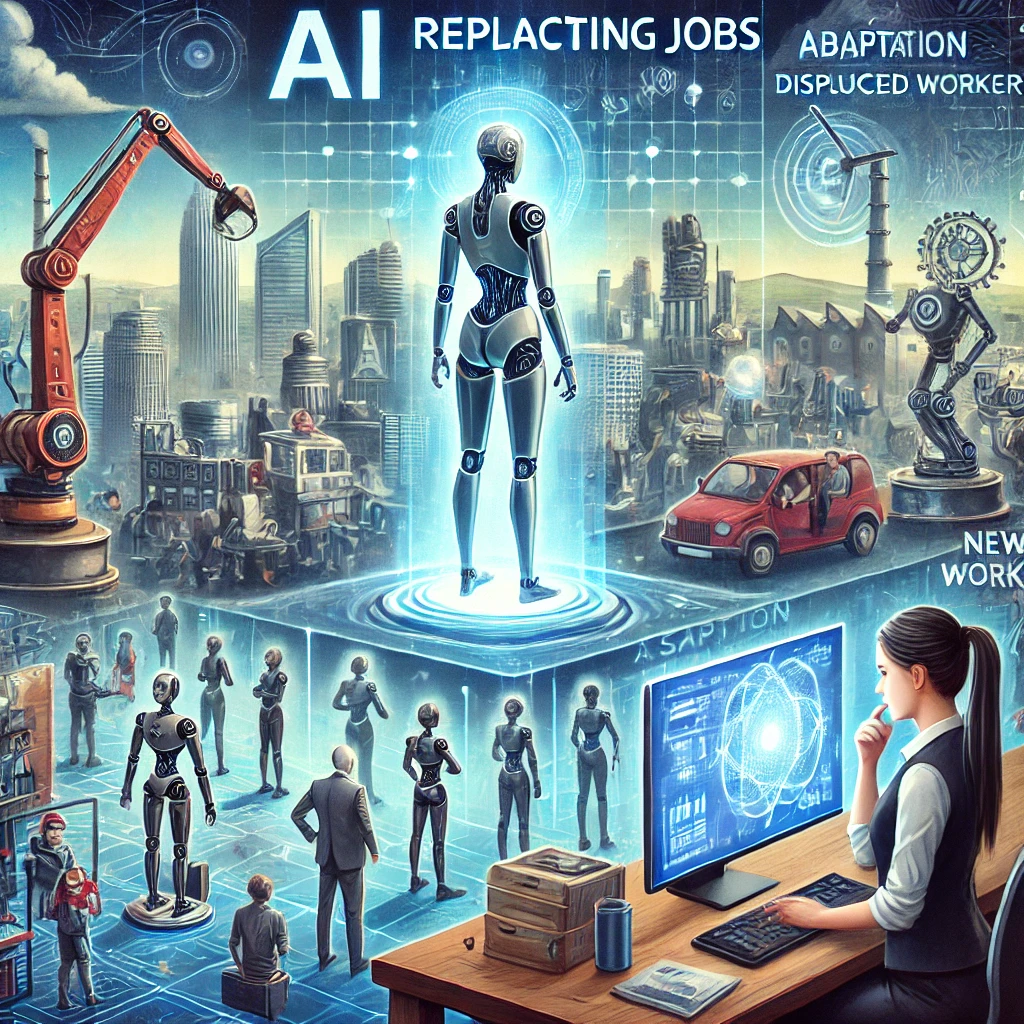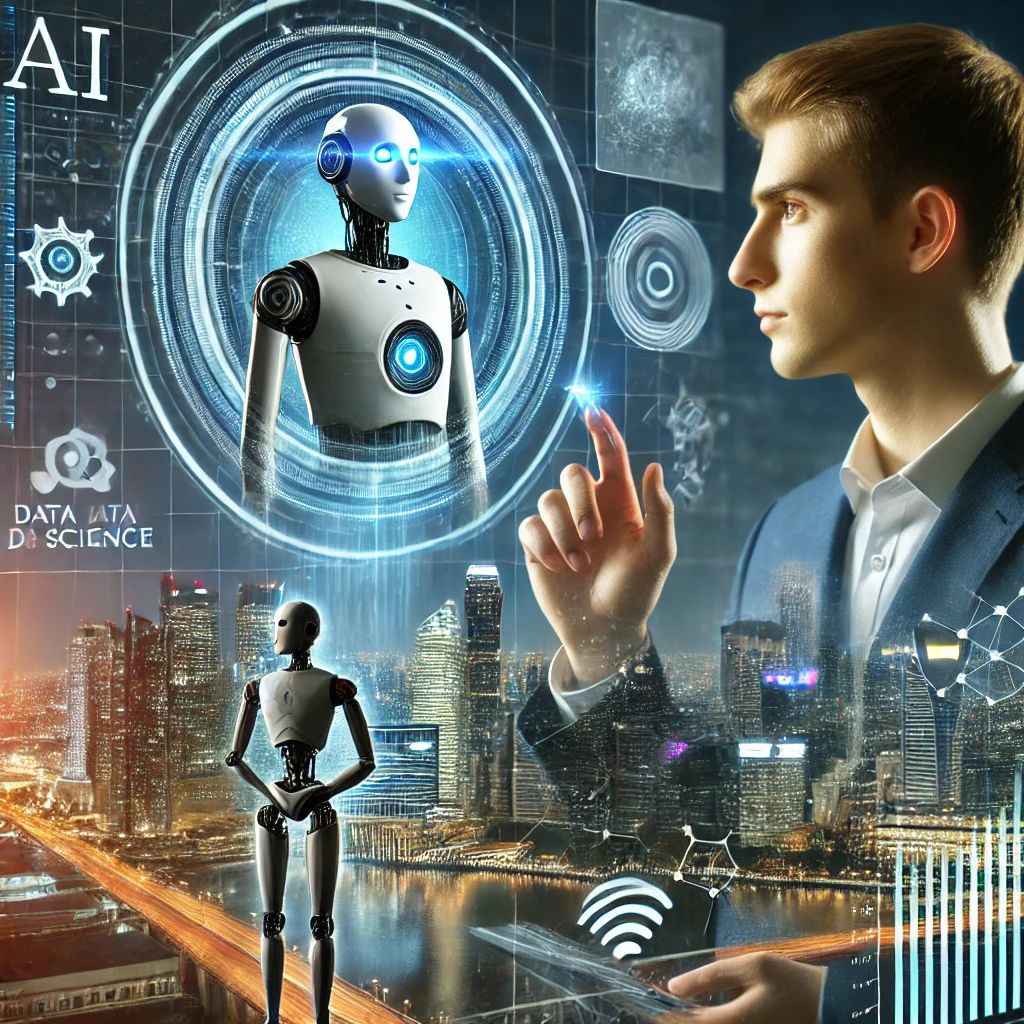Artificial Intelligence (AI) has become essential to modern life, reshaping industries, automating tasks, and enhancing human capabilities. From healthcare to finance, AI transforms how businesses operate and people interact with technology. However, while AI offers numerous advantages, it also presents certain challenges. In this blog, we will explore the impact of AI on today’s world, analyze its pros and cons, and discuss how AI is shaping the future.
Table of Contents
ToggleThe Evolution of AI and Its Growing Influence
AI has evolved rapidly, transitioning from theoretical concepts to practical applications that influence nearly every sector. Businesses leverage AI for data-driven decision-making, governments use AI for policy implementation and individuals interact with AI-powered devices daily.
How AI Impacts Industries
- Healthcare: AI assists in diagnosing diseases, predicting patient outcomes, and personalizing treatment plans. AI-powered tools like IBM Watson and Google DeepMind help doctors analyze complex medical data efficiently.
- Finance: AI algorithms improve fraud detection, automate trading, and offer personalized banking solutions. Robo-advisors like Betterment and Wealth Front use AI to optimize investment portfolios.
- Education: AI-powered platforms provide personalized learning experiences, automated grading, and real-time feedback to students and educators.
- Manufacturing: AI-driven robotics streamline production lines, reducing errors and increasing efficiency.
- Marketing and Retail: AI enhances customer experience through personalized recommendations, chatbots, and targeted advertising.
Case Study: AI in Healthcare
AI has made groundbreaking contributions to the medical industry. In 2023, Google’s AI model demonstrated its ability to detect breast cancer more accurately than radiologists did. By analyzing thousands of medical images, AI helped reduce false positives and negatives, significantly improving early detection rates. This advancement has the potential to save lives by allowing early intervention and treatments that are more effective.
The Pros of AI
AI provides numerous advantages that drive progress and innovation. Some of the key benefits include:
1. Increased Efficiency and Productivity
AI can process vast amounts of data quickly, leading to faster decision-making and problem-solving. Businesses use AI-driven analytics to optimize operations and improve performance.
2. Automation of Repetitive Tasks
AI automates repetitive and mundane tasks, allowing employees to focus on strategic and creative work. Chatbots, virtual assistants, and AI-powered CRM systems improve customer service while reducing workload.
3. Enhanced Accuracy and Reduced Errors
AI minimizes human errors by relying on data-driven decision-making. In industries like healthcare and finance, AI-driven tools enhance accuracy in medical diagnoses and financial forecasting.
4. Improved Personalization
AI enhances user experiences by offering personalized recommendations. Streaming services like Netflix and e-commerce platforms like Amazon use AI to suggest relevant content and products based on user behavior.
5. 24/7 Availability
AI systems can operate around the clock, providing continuous service without the need for breaks. This is particularly beneficial in customer support and manufacturing industries.
The Cons of AI
Despite its many advantages, AI also presents significant challenges and risks.
1. Job Displacement and Unemployment
AI-driven automation replaces many routine jobs, leading to job losses in industries like manufacturing, retail, and customer service. While AI creates new job opportunities, it also requires upskilling for workers to stay relevant.
2. High Implementation Costs
Developing and deploying AI systems requires significant investment. Small and medium-sized businesses may struggle to afford AI integration due to high costs.
3. Ethical and Privacy Concerns
AI systems collect vast amounts of data, raising concerns about data privacy and security. The misuse of personal information by corporations and governments can lead to ethical dilemmas.
4. Dependence on AI and Reduced Human Control
As AI takes over decision-making processes, over-reliance on AI systems may reduce human involvement in critical decisions, increasing the risk of algorithmic biases and errors.
5. Lack of Creativity and Emotional Intelligence
While AI excels at data processing, it lacks human creativity, intuition, and emotional intelligence, making it less effective in areas requiring empathy and originality.
Case Study Solution: Balancing AI’s Benefits and Challenges
To mitigate AI-related challenges, businesses and governments must focus on ethical AI development. Implementing AI regulations, investing in AI education, and promoting AI-human collaboration can help create a balanced AI ecosystem. Companies like OpenAI advocate for ethical AI usage to prevent biases and ensure fair decision-making.
Pro Tips for Leveraging AI Effectively
- Stay Updated on AI Trends: AI is rapidly evolving. Businesses and individuals should keep up with advancements to remain competitive.
- Prioritize Ethical AI Use: Companies should develop transparent AI policies to prevent biases and misuse.
- Invest in AI Training: Workforce upskilling programs help employees adapt to AI-driven workplaces.
- Use AI for Augmentation, Not Replacement: AI should assist humans rather than entirely replace them in critical decision-making roles.
- Implement Strong Cybersecurity Measures: AI systems should have robust security frameworks to prevent data breaches.
Conclusion
AI is revolutionizing the modern world, offering unparalleled benefits while also posing significant challenges. By implementing ethical AI practices, investing in workforce upskilling, and maintaining human-AI collaboration, society can harness AI’s potential while minimizing its risks. As AI continues to evolve, businesses and individuals must adapt to its ever-changing landscape to remain competitive and innovative. For more insights into AI and its impact on various industries, visit Harvard Business Review.
FAQs
1. How is AI impacting job markets?
AI automates routine tasks, leading to job displacement in some industries. However, it also creates new roles in AI development, cybersecurity, and data analysis.
2. Can AI completely replace human workers?
While AI enhances productivity, it lacks creativity, emotional intelligence, and critical thinking, making human workers essential in many areas.
3. What industries benefit the most from AI?
Healthcare, finance, marketing, manufacturing, and education are among the top industries leveraging AI for improved efficiency and decision-making.
4. What are the ethical concerns surrounding AI?
AI raises concerns about data privacy, biases in decision-making, and potential misuse by corporations or governments.
5. How can businesses implement AI responsibly?
Businesses should focus on ethical AI development, ensure transparency, and invest in employee training to integrate AI effectively and responsibly.



